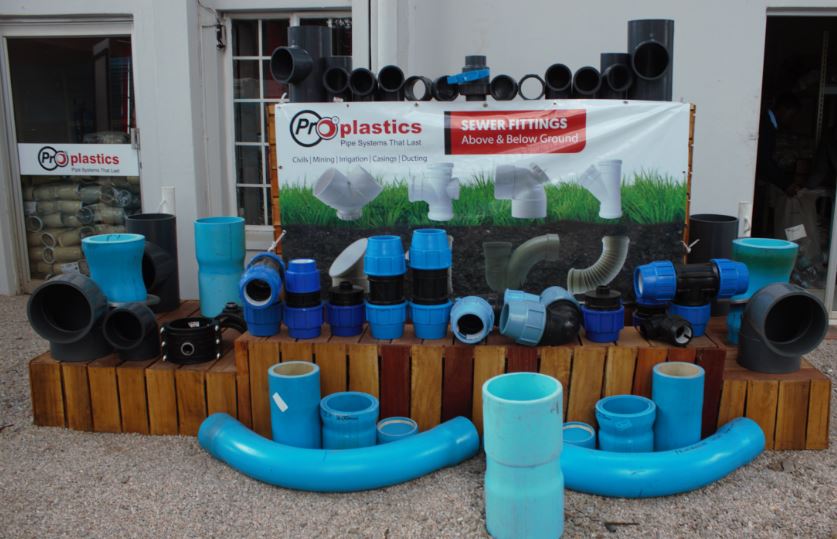
BY FIDELITY MHLANGA
PROPLASTICS has added its voice to the growing chorus of calls for a more liberal foreign currency interbank market, noting that the current platform was not viable.
The Reserve Bank of Zimbabwe (RBZ) scrapped its discredited 1:1 dollar peg for surrogate bond notes and electronic dollars last month, merging them into a lower-value transitional currency called the RTGS dollar, which would be floated on the interbank platform.
According to the central bank, at least US$45 million was traded in the first three weeks of March on the platform.
However, Proplastics chief executive Kuda Chigiya, who described the operating environment as excruciating, told Standardbusiness that his firm had only accessed US$75 000 since the inception of the interbank market against a monthly requirement of US$500 000.
“I think the huge challenge is that there is a huge distortion to what is perceived to be the official rate and what is also known to be the black market rate,” he said.
“It is our wish that it is liberalised in such a way that it’s more realistic and the willing seller can actually bring own foreign currency to the platform and the willing buyer can bring own offer such that there is acceptance
“At the moment there is a divorce of the two equilibriums,” added Chigiya.
- Chamisa under fire over US$120K donation
- Mavhunga puts DeMbare into Chibuku quarterfinals
- Pension funds bet on Cabora Bassa oilfields
- Councils defy govt fire tender directive
Keep Reading
“We bank with about four to five local banks and I think each and every bank is sitting on our bids but since the inception of the interbank exchange, we have only been successful with one bank for just about $75 000 and the other bids were not successful.
“What we understand is that there are allocations that are supposed to come from the central bank such that when we bid, our bids will actually have to meet with foreign currency availability and that has not been available.”
Chigiya said the company had made arrangements with clients that had free funds, which allowed them to import raw materials.
“We call it twinning and tolling. The twinning process is that we identify local traders with financial muscle and we give them our specifications of the raw material requirements we want from our suppliers in China and South Africa,” he said.
“They open accounts, buy raw materials and bring them here. They invoice us on the RTGS platform, including their premium, and we get our raw materials.”
Chigiya said apart from the twinning and the tolling, the company also accesses forex from export sales and central bank allocations.
“We are targeting 10% of total turnover to exports. We are targetting Zambia, followed by Democratic Republic of Congo and Malawi,” he added.
“Already now the RTGS dollars is a recognisable currency in the system and that our operational costs are in RTGS is a completion of our export offering because the dollar that we bring in our country can add more value.”
After failing to meet the December 2018 target, the firm seeks to open its new plant in the second half of this year.
“The biggest measure will be our overall equipment effectiveness that is sitting at about the 70% effectiveness and if we take it to about 85%, that is going to change the completion of the pricing model and once we have got a better advantage than any other manufacturer in the region and country, then we are able to supply and generate the revenue we require,” Chigiya said.
In 2018, the company posted a $3,5 million profit, up from $1,35 million in the prior year, while turnover rose 50% to $24 million.
Sales volumes increased 5% to stand at 5 261 tonnes.











